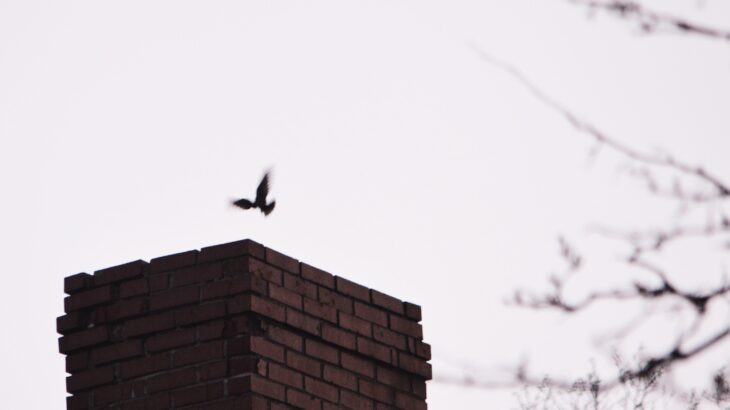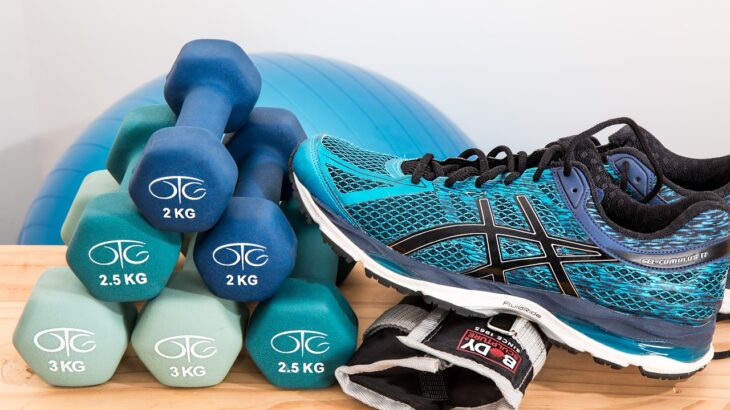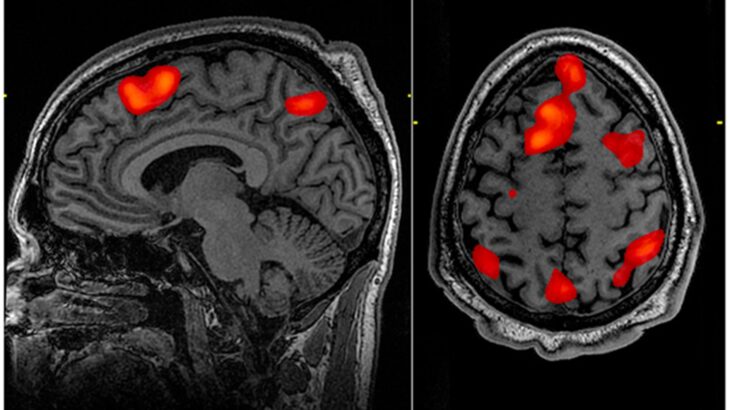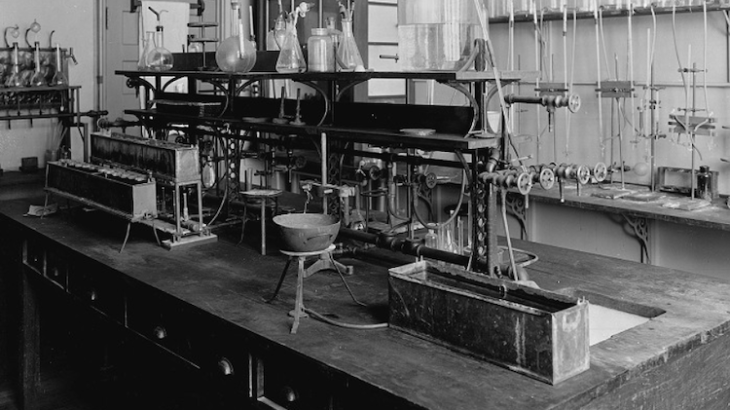
By Kim Morris, Borealis Blog editor On April 8, a total eclipse of the sun will occur over North America. According to Space.com, “a total solar eclipse happens when the moon appears the same size in the sky as the sun, or slightly larger, so fully covers the disk of the sun, giving observers a […]







